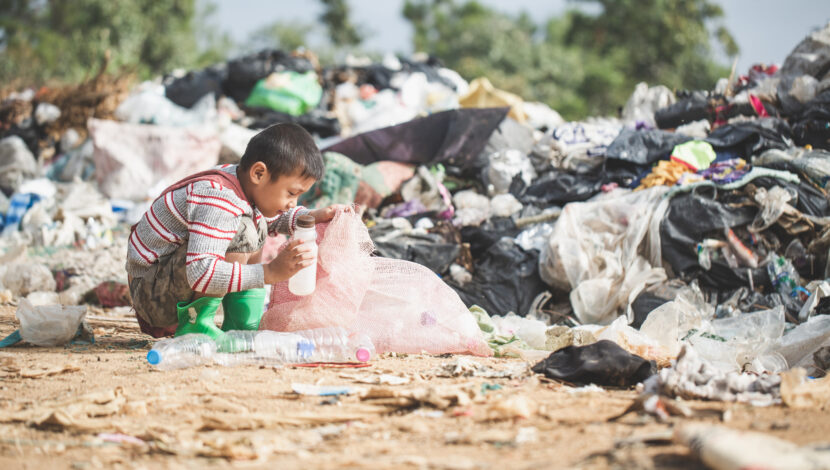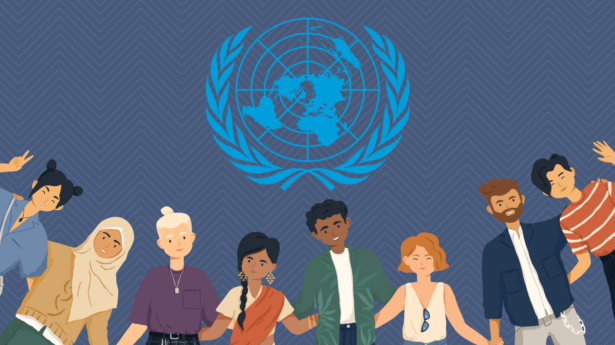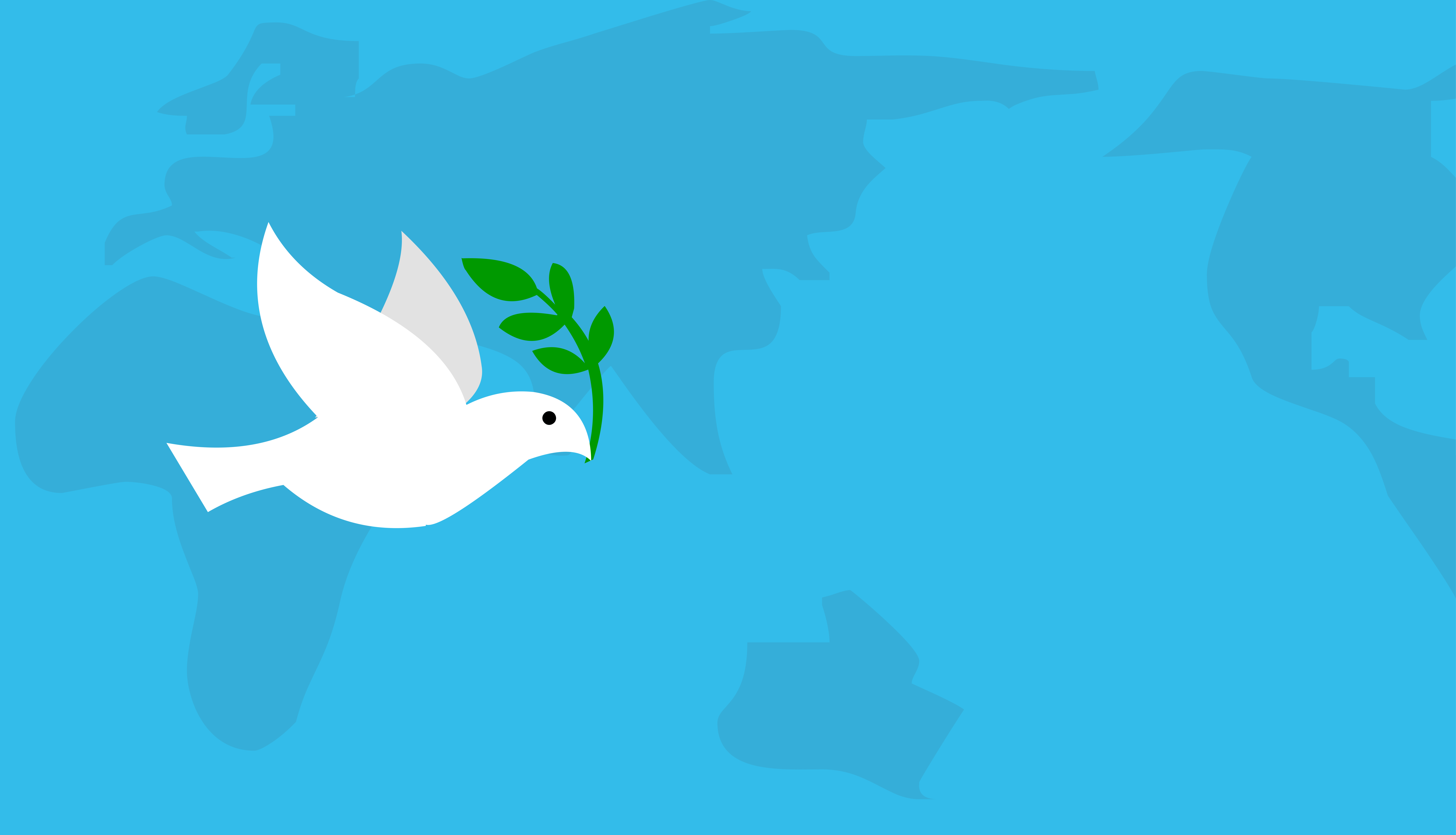The Unitarian Universalist Service Committee advances human rights through grassroots collaborations.
Extreme Poverty is On the Rise—We Must Not Let This Trend Continue

By UUSC Staff on October 17, 2022
In the year 2000, at the start of a new millennium, the United Nations set the goal of eradicating extreme poverty from the face of the Earth. Almost every year since then, humanity has made progress toward achieving this goal—until now.
Just two and a half years ago, our painstaking and hard-won progress went into reverse. The COVID-19 pandemic—and its economic ripple effects—caused the first increase in extreme poverty around the world in nearly 25 years. And even though a partial and lopsided economic recovery followed the most acute stage of the pandemic, other global crises are continuing to set back collective efforts to eliminate or reduce poverty. As a result, nearly a hundred million more people are living in extreme poverty now than were before the pandemic.
Among the worst contributing factors to this reversal are the effects of human-caused global warming, the war in Ukraine, the ongoing fallout from COVID-19, as well as rising inflation and the restrictive monetary policies that central banks are pursuing to tame it. These mutually-reinforcing problems have prompted the United Nations’s Conference on Trade and Development (UNCTAD) to warn of “cascading and multiplying crises” that threaten to slow or reverse economic development around the globe.
As UNCTAD’s dire October 3 report on global economic trends makes clear, the impact of these crises will be felt most acutely in the Global South. Increases in the cost of living—a consequence of global supply chain disruptions stemming from war and the pandemic—fall hardest on the world’s poor. In Haiti, where several of UUSC’s partners live and work, spiraling prices of fuel and other basic commodities are already contributing to protests against the corrupt U.S.-backed government—itself a source of many of the nation’s current economic and humanitarian woes.
Nor is Haiti the only place where corrupt governance and extreme inequality have fed one another in a vicious circle—increasing the amount of extreme poverty worldwide. The military junta in Burma, which seized power in early 2021 from the country’s elected government, has exploited its monopoly over the country’s oil and gas supply—and other key industries—to stifle the civilian economy and finance the military’s war against its own citizens. The result has been to further impoverish their own people while also conducting a brutal military campaign to suppress their democratic aspirations.
Worldwide, wealthy Global North countries like the United States are exacerbating the root causes of extreme poverty, while also excluding or sending away to danger the very people these policies displace. U.S. foreign policy in Haiti, Afghanistan, Venezuela, and other countries has contributed to the economic and humanitarian crises their people face. Furthermore, as the world’s largest historical greenhouse gas emitter, the United States is responsible for much of the global displacement caused by climate change. Far from opening pathways to safety for the people harmed by these policies, however, the U.S. border remains more restricted now than it was just a few short years ago.
The UN’s 2000 goal was born out of a recognition that poverty is neither necessary nor inevitable. Humankind possesses the technical means and material abundance to eliminate gross inequality and deprivation—so long as it finds the political will to do so. Poverty and its intersecting forms of oppression are therefore the result of political choices. And in the same way that governments and other institutions have chosen so far to perpetuate poverty, they also have the ability to end it—as long as we hold them accountable for doing so.
As the world marks another International Day for the Eradication of Poverty on October 17, UUSC renews our call for the global elimination of all forms of material deprivation, structural inequality, and systemic oppression. Doing so requires adopting policies that favor just and inclusive democratic governance, open and welcoming migration pathways, and sustainable forms of economic development.
When UUSC and our partners say we aspire to secure international justice, migrant justice, and climate justice, therefore, we are speaking as well of economic justice. Until poverty is eliminated, there can be no lasting justice in any other dimension of life—and until we remedy these other forms of injustice and oppression, poverty will likewise remain.
Photo Credit: iStock—Tinnakorn Jorruang

